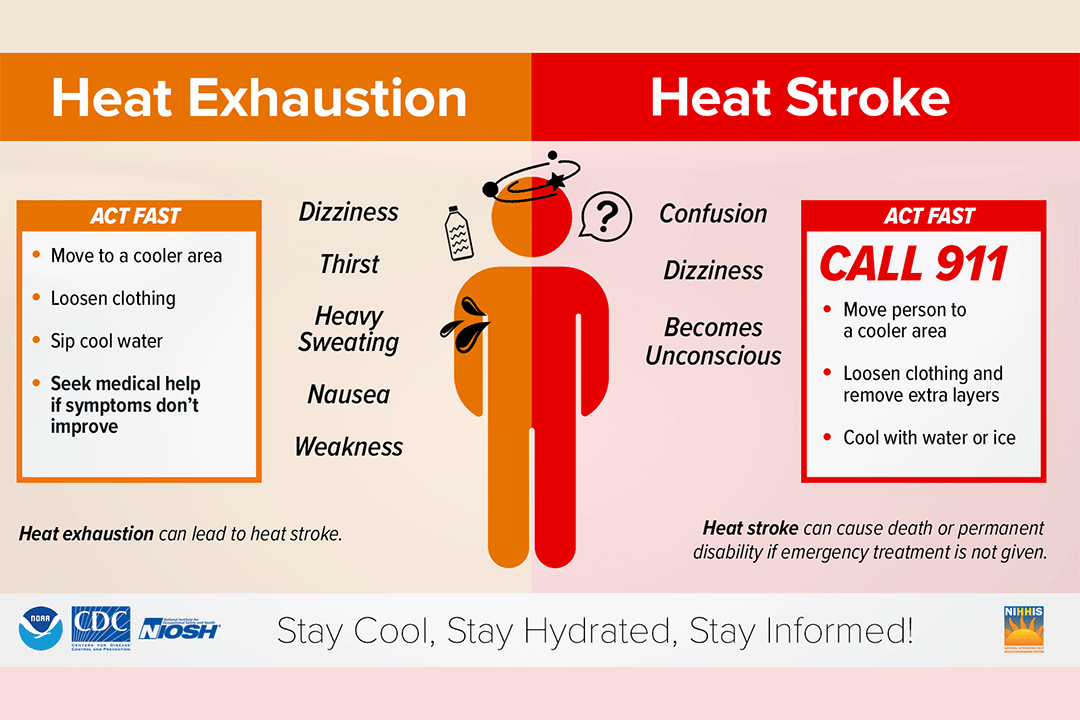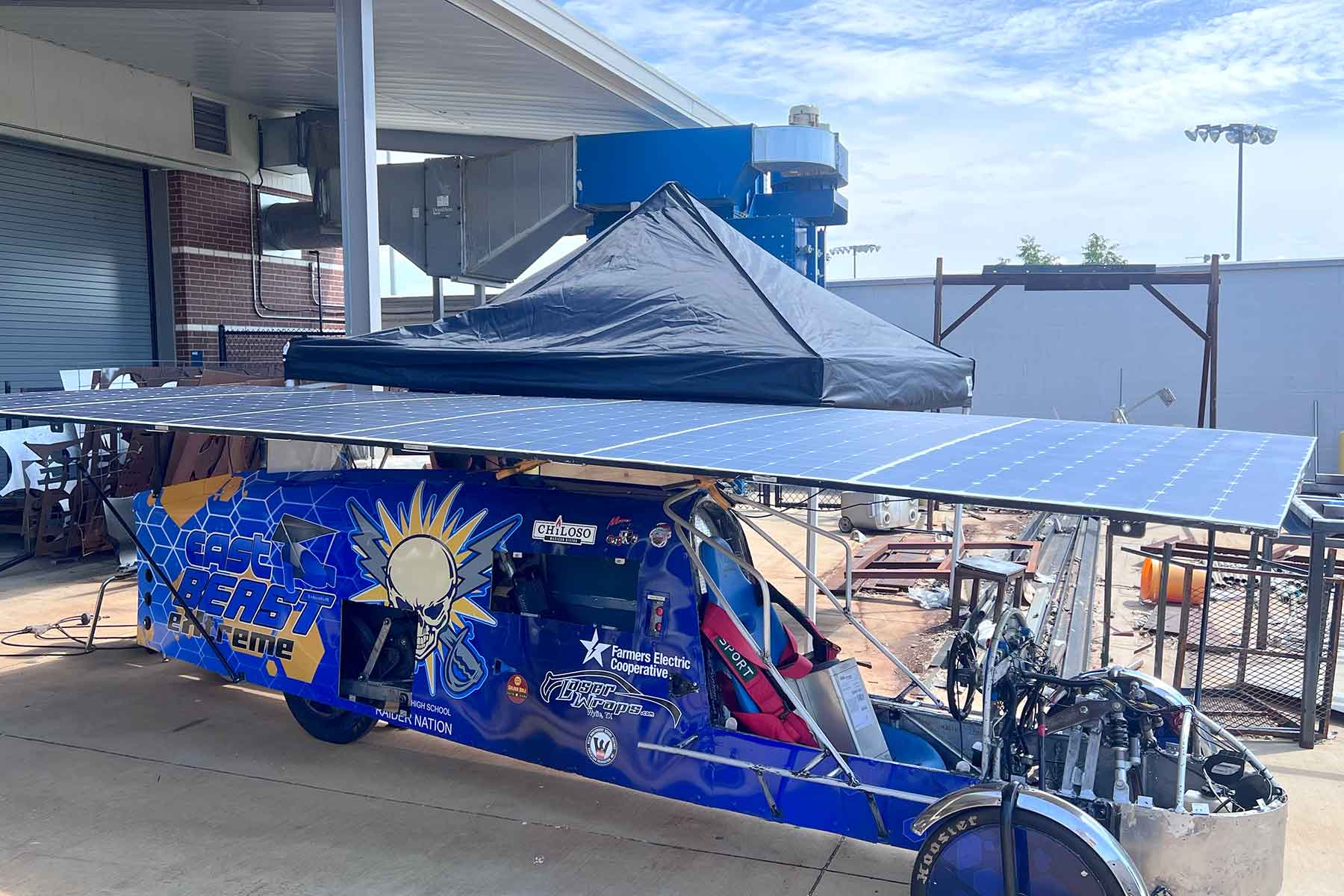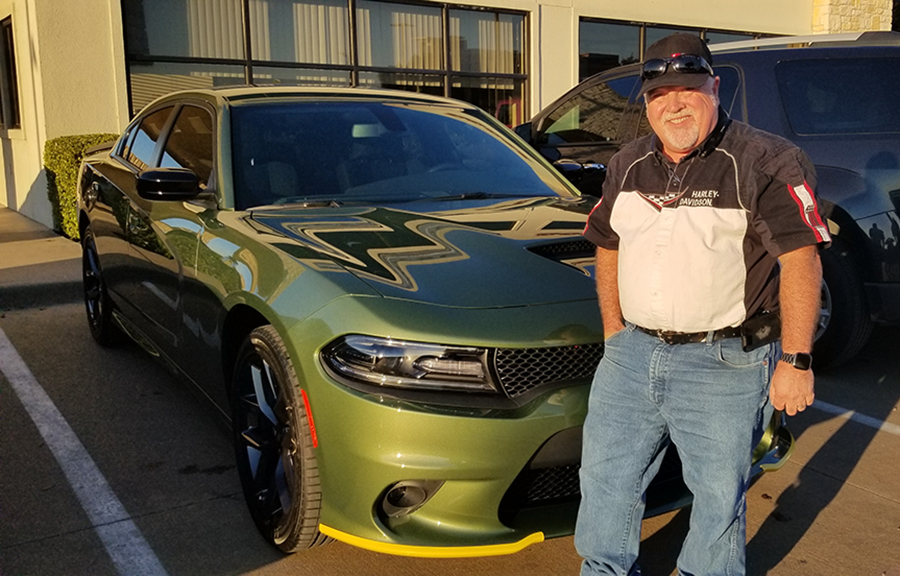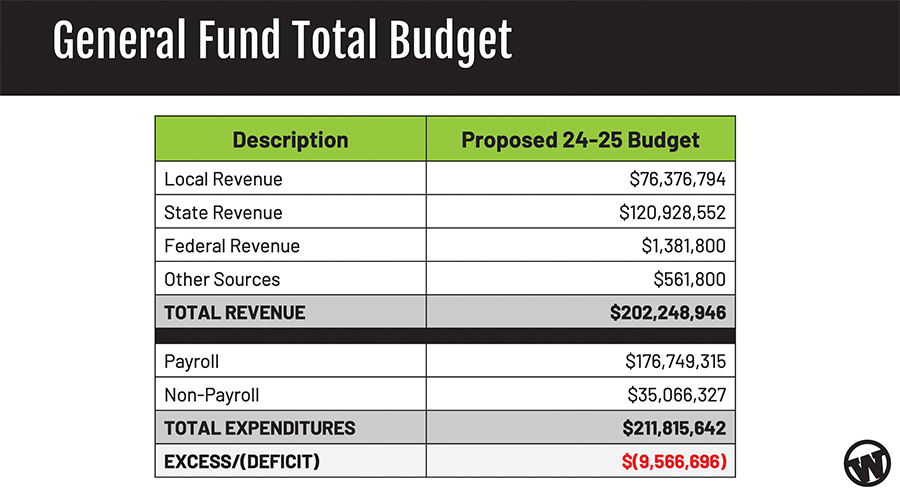By Bob Wieland
Just chill; the Princeton Fire Department and the National Weather Service urge residents to learn the symptoms of excessive heat exposure and the appropriate responses. As the hot and humid weather continues, your body’s ability to cool itself is challenged and you could succumb to a heat-related illness like heat exhaustion or heat stroke.
Fire Chief Tom Harvey said earlier this week that the department had not responded to any heat-related emergencies but would have a cooling tent at the July Spectacular for EMS personnel to treat emergency cases. Harvey added that the city would be providing free water at the Saturday, July 1, event.
The Centers for Disease Control and Prevention (CDC) has provided a list of warning signs and symptoms of heat illness and recommended first aid steps.
Heat cramps may be the first sign of heat-related illness and may lead to heat exhaustion or stroke. Painful muscle cramps and spasms, usually in the legs and abdomen, are common along with heavy sweating.
First aid includes firm pressure on cramping muscles or gentle massage to relieve spasms. Give sips of water unless the person complains of nausea, then stop giving water. Seek immediate medical attention if cramps last longer than one hour.
Heat exhaustion symptoms are heavy sweating, weakness or tiredness, cool, pale, clammy skin; a fast, weak pulse, muscle cramps, dizziness, nausea or vomiting, headache or fainting,
Treatment includes moving the person to a cooler environment, preferably a well air conditioned room. Loosen their clothing and apply cool, wet cloths or have person sit in a cool bath. Offer sips of water. Seek immediate medical attention if the person vomits, symptoms worsen or last longer than one hour
Heat exhaustion can lead to heat stroke, which can be deadly.
Heat stroke symptoms are a throbbing headache, confusion, nausea, dizziness, body temperature above 103°F, hot, red, dry or damp skin; rapid and strong pulse, fainting or loss of consciousness.
First aid requires calling 911 or getting the victim to a hospital immediately. Heat stroke is a severe medical emergency and delay can be fatal. Move the victim to a cooler, preferably air-conditioned, environment. Reduce body temperature with cool cloths or bath. Only use a fan if heat index temperatures are below the high 90s because a fan can make you hotter at higher temperatures. Do NOT give fluids.
Stay informed subscribe to your local newspaper The Wylie News.


















0 Comments